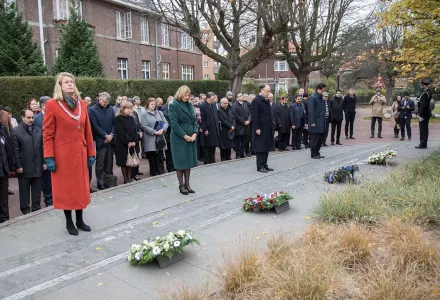
Abstract
Prominent research holds that the use of weapons of mass destruction is taboo. But how strong are these norms? Investigating this question among the mass public, we argue that some citizens actually support taboo policies in private but are unwilling to express counter-normative opinions openly due to fear of social sanction. These insincere norm-holders are difficult to identify empirically because they are observationally equivalent to sincere norm-holders in direct-question surveys. To overcome this challenge, we use a list design, which allows survey respondents to indirectly express sensitive opinions. The results from three list experiments show that between 10% and 17% of Americans falsify their preferences over chemical weapons use when asked directly. In an extension, we explore our framework in the realm of nuclear weapons and elite behavior. Our findings advance a specific debate on the strength of weapons taboos, while our conceptualization of insincere norm-holders and methodological application have broader implications for how scholars might think about and measure norms in international politics.
Blair, Christopher L. , Jonathan A Chu, and Joshua A. Schwartz. "The Two Faces of Opposition to Chemical Weapons: Sincere Versus Insincere Norm-Holders." Journal of Conflict Resolution, (2021) .
The full text of this publication is available via Journal of Conflict Resolution.




